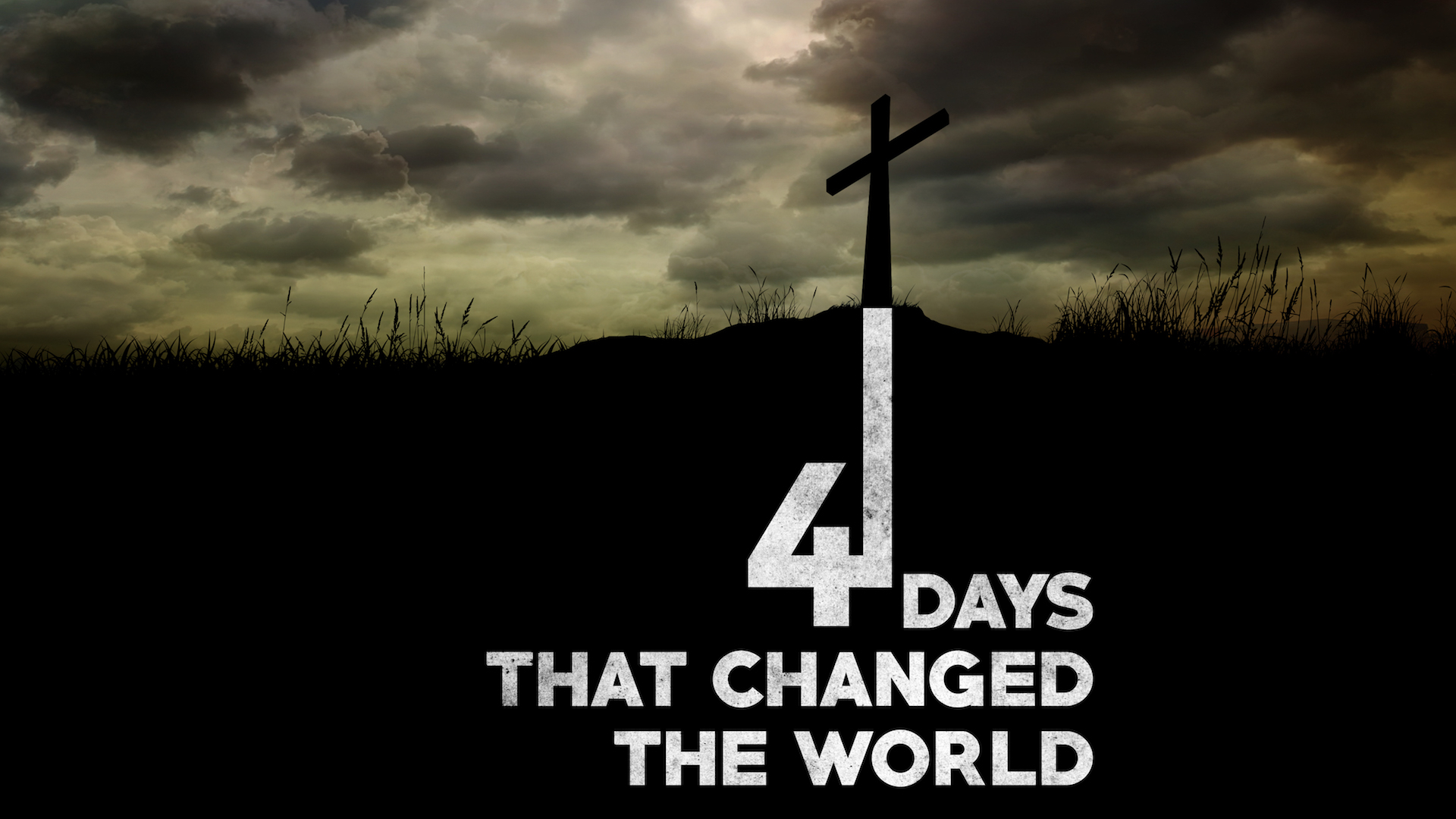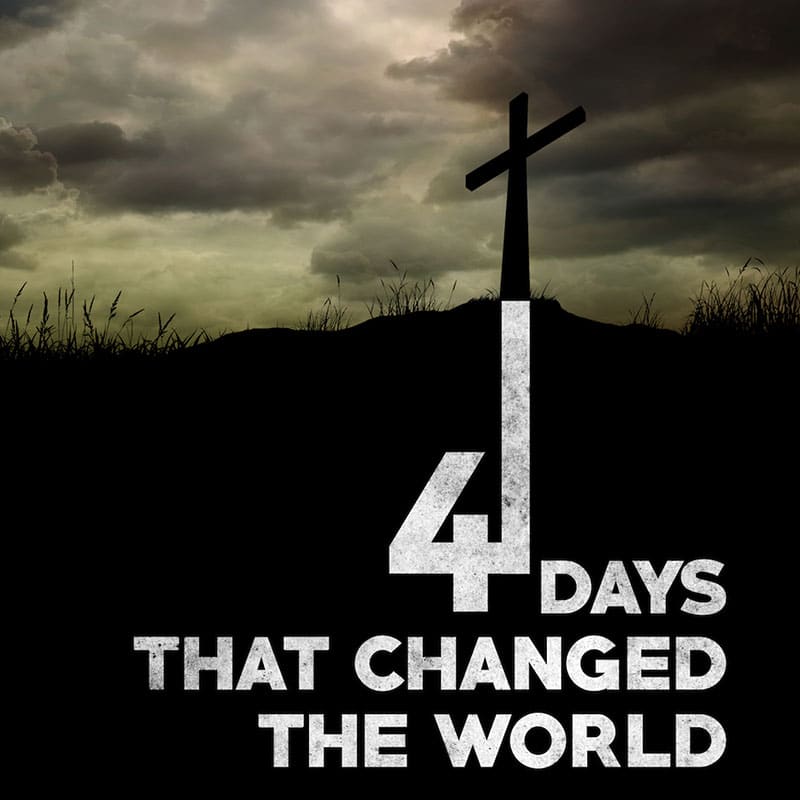Death to Life | John 12:24-26
Aaron Bjorklund2025-06-19T10:38:27-06:00Truly, truly, I say to you, unless a grain of wheat falls into the earth and dies, it remains alone; but if it dies, it bears much fruit. Whoever loves his life loses it, and [...]



